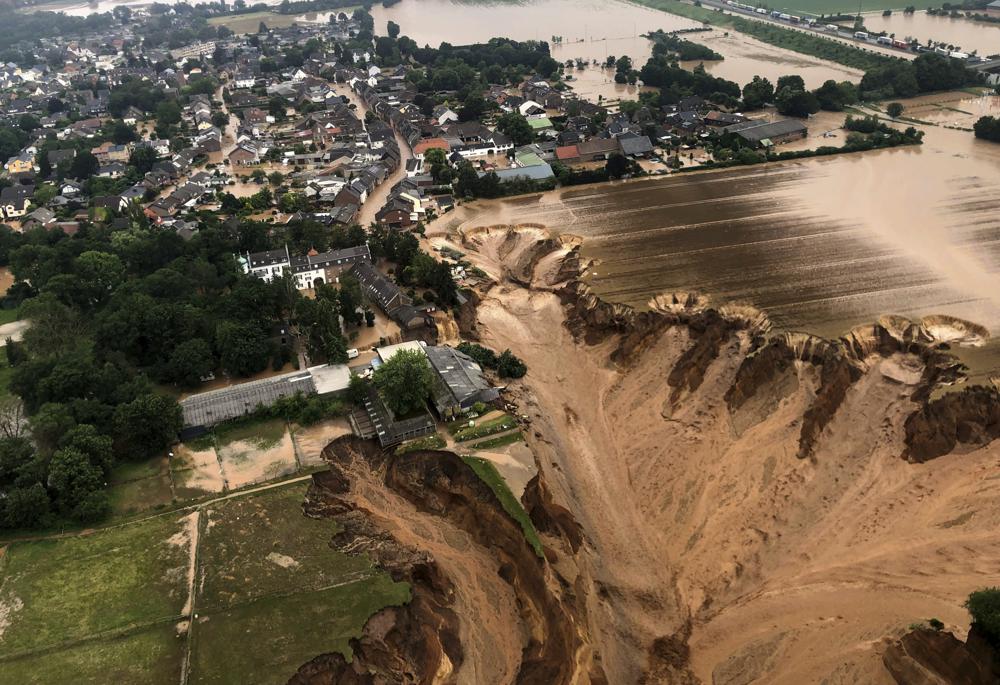What I say is show me the value proposition for what you want to use my tax dollars to do. Climate defenders are always happy to spend other folks money and don't offer any of their own. It is tragic folk lose their homes to floods and wildfires. I don't think I've said otherwise. I have lost power in snow blizzards for extended periods of time so milder winters would help with those issues.
I'm a European.
If you think Europe is insulated from climate change, you've been blinkered and you're about to face a real awakening.
And, to be clear, I thought that climate change was such a problem, and resilience so necessary, that I laid down thousands to set up a solar array at my home, along with a rainwater harvesting system. (The link between energy and water cannot be understated.) My mountain home—a former family ranch—has its own array, and has been humming along for years. We could probably do a better job of knocking down our emissions from our cars—I've got a couple of SUVs, and an old CJ-7 that guzzles fuel at the mountain house—but our overall CO2 emissions are about one-quarter the average American household.
It helps that we live close to my wife's work and my son's school, and we bike a lot. I also have invested heavily in "green" companies, and that's actually paid dividends.
But, again, how do we know we can control the temperature and it isn't a nature thing that the temperature will increase. How much will it cost to fix? $1b? $100b? $1T? $100T? $1kT? $1 zillion (or whatever)? You get the idea. How much does it cost to save these telephone numbers in savings if we don't do anything? Show me the money and I'll tell you if it's worth it to me.
Why don't you go read the reports, and the estimates?
We cannot control the temperature like a thermostat, but by shifting CO2 emissions, we can minimize the greenhouse effect from future emissions. Obviously, if we don't do anything, the cost in damage gets higher as does the cost to stop it.
We're a car speeding toward a concrete wall. The longer we accelerate, the harder it will be to stop. If we stopped 20 feet ago, we'd have to put less effort into stopping. And, for every year we don't do anything, we get closer to the wall. And, if we wait too long, even if we throw our entire effort into stopping, we'll still hit the wall.
You're asking when we'll stop, and I'm telling you that we needed to stop 20 feet ago, and that it gets harder every year. And, the cost to stop is less than the cost of hitting the wall.



